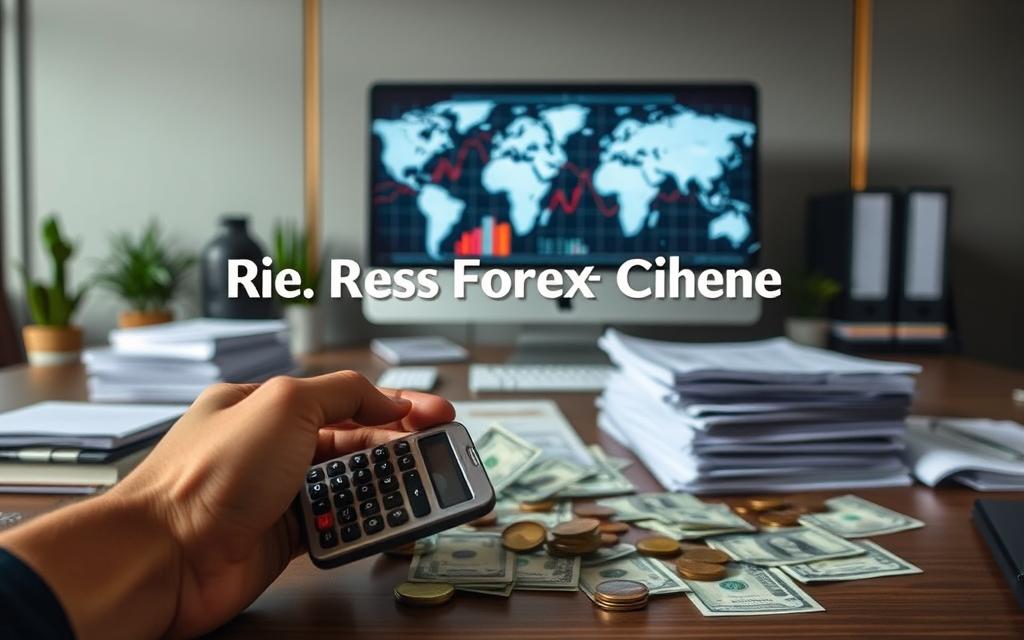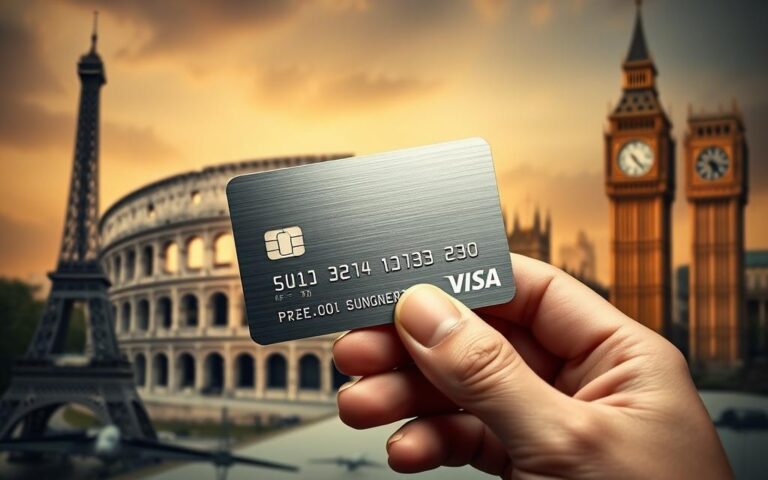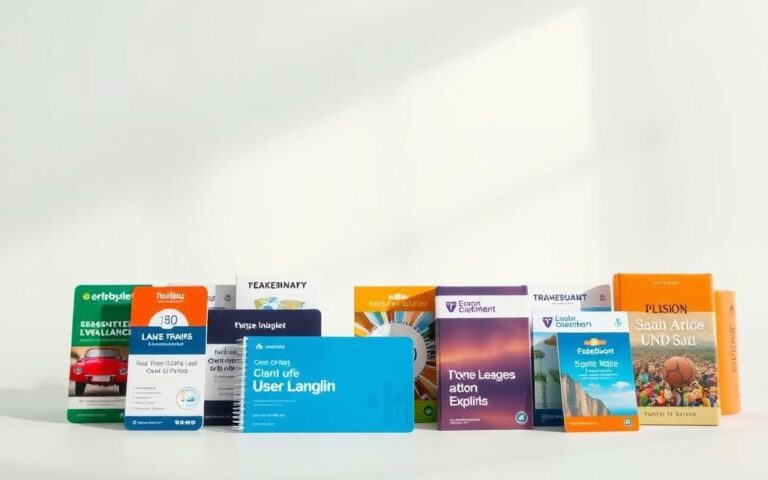Advertisement
Did you know that consumers can lose up to 3-5% of their money during currency exchange? This loss underlines the need to learn how to dodge currency conversion fees. These fees can cut into your wallet during international transactions. For example, using foreign ATMs, buying things from overseas online stores, or sending money to another country.
Luckily, there are ways to spend less on currency exchange. This article offers smart tips to help you keep more of your money. By applying these strategies, you can increase how much you get to spend.
Understanding Currency Conversion Fees
Currency conversion fees are costs we face when we change money from one type to another. These charges can greatly add to our total costs in international dealings. It’s key to know about these fees for budgeting in travel and online shopping.
What Are Currency Conversion Fees?
These fees come in various forms, charged by banks, credit card firms, or money changing services. Some charge a clear fee, others add extra costs hidden in the rate. Learning about these fees helps us make smarter choices and steer clear of unexpected expenses in currency changing.
How Do They Affect Your Transactions?
Using credit cards for foreign buys can bring extra percentage fees. This ups our costs during trips abroad or when we buy online from overseas. Being smart about these fees means we can manage our money better.

Common Scenarios for Currency Conversion
Currency conversion fees show up in everyday activities. Knowing about these can help you save money. For example, when you travel abroad, shop online from foreign sites, or send money overseas. Each situation offers ways to cut down on Forex fees.
International Travel
Traveling abroad can bring unexpected currency exchange costs. Tourists often face high fees for cash withdrawals or purchases. But, you can avoid some of these charges with a bit of planning.
Use travel credit cards that don’t charge extra for international buys. Also, taking out larger cash amounts can lead to fewer fees overall.
Online Shopping from Foreign Retailers
Shopping from overseas websites often adds currency conversion fees. These fees come into play when prices switch to your local currency. But, you can cut costs by paying in the original currency when possible.
Some online stores may let you pay through digital wallets, offering better exchange rates. Exploring these options can help you save on exchange costs.
Sending Money Abroad
Sending money overseas usually comes with high currency conversion fees. These costs can lower the amount the recipient gets. To avoid these fees, try using special money transfer services with lower rates.
Some banks have deals for sending money without fees at good exchange rates. This way, you can send money more efficiently and save on Forex costs.

Strategies to Avoid Currency Conversion Fees
There are ways to reduce or skip currency conversion fees. By knowing and using these methods, you can save money during international dealings. Let’s look at some effective strategies.
Use Credit Cards with No Foreign Transaction Fees
Some credit cards are made for travelers and don’t charge foreign transaction fees. Using these cards abroad means you won’t face extra costs. This method is key for avoiding currency conversion fees and can lead to big savings. Look into cards from companies like Chase Sapphire or Capital One for good options.
Consider Multi-Currency Bank Accounts
Having a multi-currency bank account lets you keep several currencies at once. It makes exchanging money simple and avoids conversion fees. These accounts are great for people who travel a lot or do business in different countries. They help save on currency conversion.
Transfer Money with No Conversion Charges
Online transfer services today can move money without conversion fees. Services like Wise or Revolut are affordable for sending money abroad and keep exchange rates fair. These platforms show how to dodge conversion charges, making money management easier and cheaper.
Using these strategies can make handling money easier when you’re abroad. Always check your options thoroughly to manage your currency the best way.
Hidden Costs of Currency Conversion
When people swap currencies, they often miss hidden costs. Understanding these costs is key to make smart money moves. Knowing about exchange rates and markups helps reduce currency exchange fees.
Exchange Rates and Markups
At first, exchange rates might look good. But banks often add extra fees, making the deal less sweet. For instance, a bank’s exchange rate might seem low, but the real rate you get has big markups. This means you end up paying more than expected.
By watching out for these extra charges, you can save on currency exchange fees. This way, you keep more money in your pocket.
Comparison with Real-Time Market Rates
Checking real-time market rates helps spot differences in bank rates. Using online tools and sites for current market data is helpful. This lets you see if you’re getting a good deal or not.
By comparing these market rates with bank rates, you can find the best deal. This is another way to cut down on foreign exchange costs.
Tools and Resources to Manage Currency Exchange
Managing currency exchanges is simpler with modern tools. These tools, like currency conversion apps, give users real-time rate updates. This helps users make smart decisions when converting money.
There are many options to choose from, helping users avoid conversion fees.
Currency Conversion Apps
Currency conversion apps are essential for easier money transfers or spending abroad. They show current exchange rates and historical data. This helps users track trends and find the best times to convert currency.
Travelers can save efficiently and steer clear of bad rates by using these apps.
Online Currency Exchange Platforms
Online platforms also offer good rates, avoiding high fees from banks. Wise and Revolut let users convert currencies at rates close to market value. This makes it clear how much you’re saving.
These platforms often have low or no fees for some transactions. This boosts savings during exchanges.
Financial Institutions That Offer Fee-Free Options
Some financial institutions, like Charles Schwab and Capital One, offer accounts with no conversion fees. For those with these accounts, it makes managing money for trips or business easier. Taking advantage of these offers, consumers can cut down their expenses significantly.



